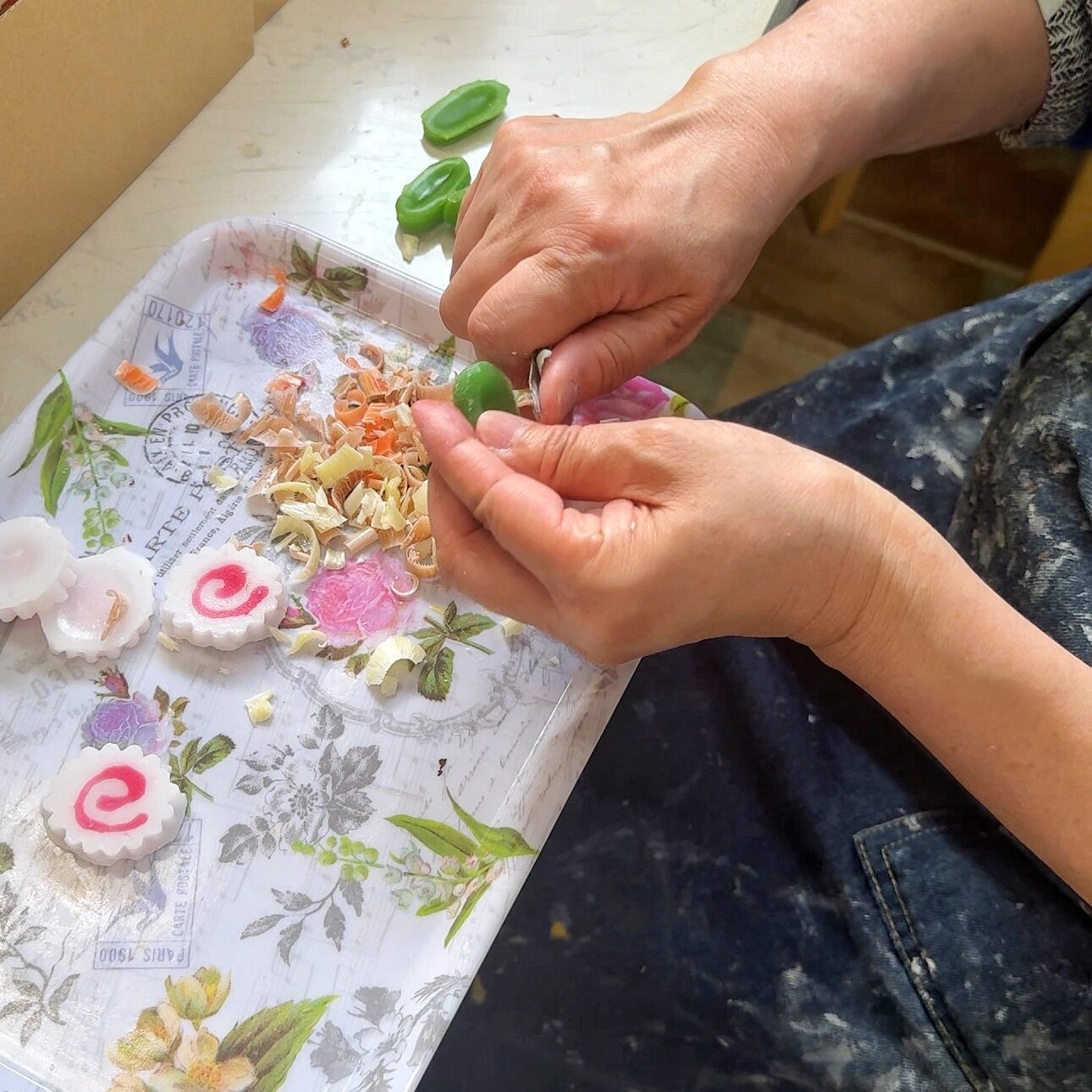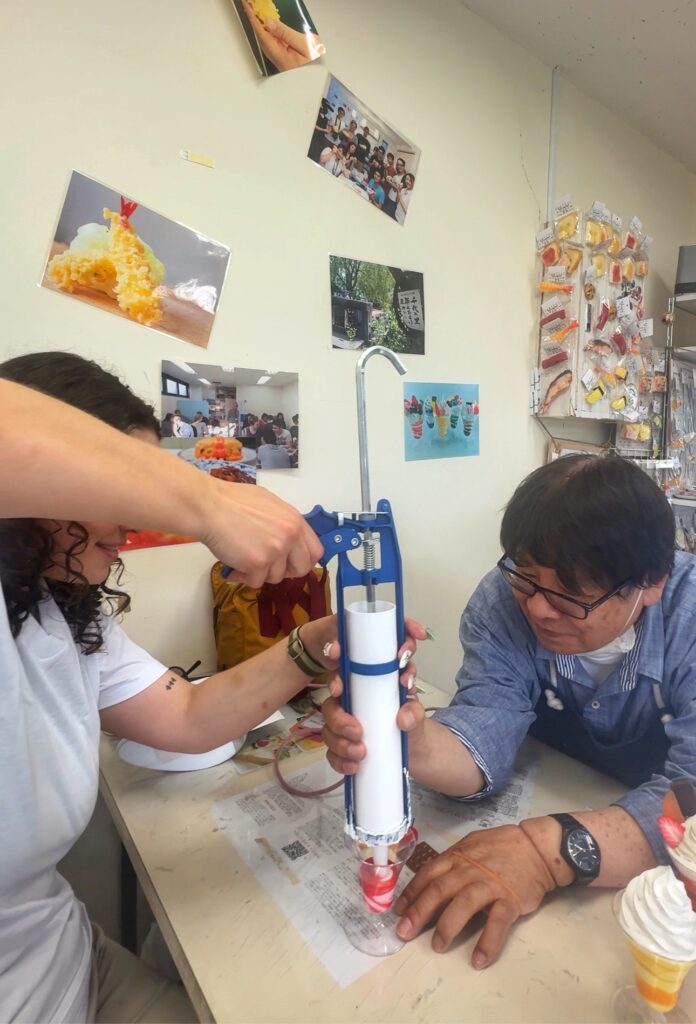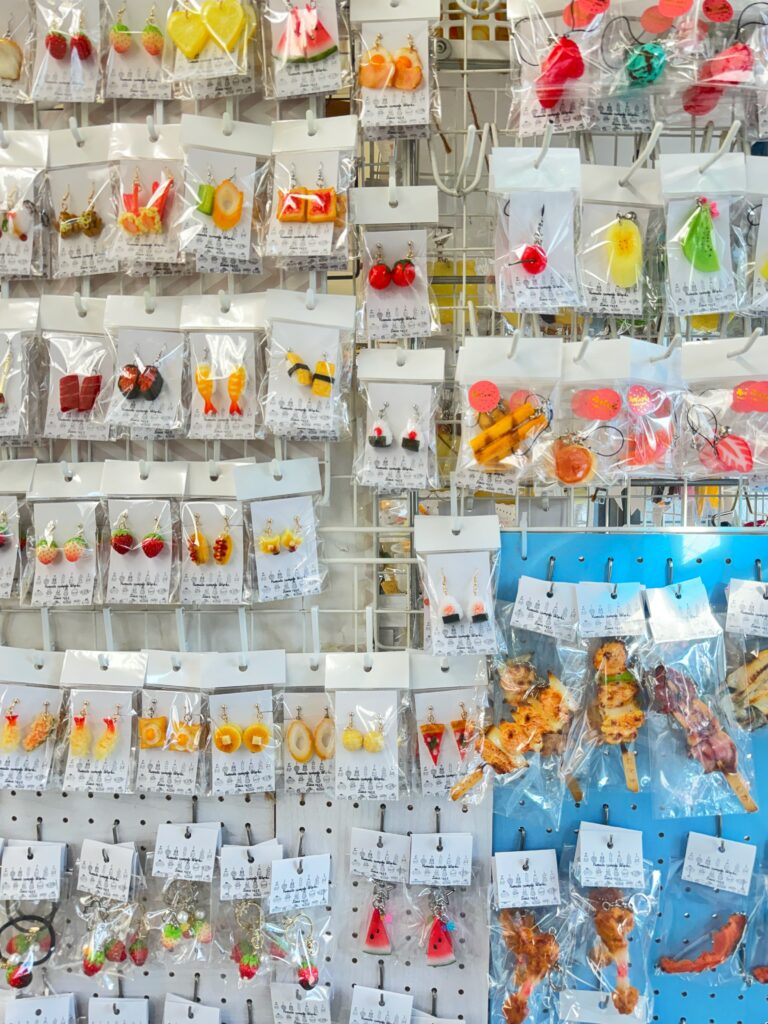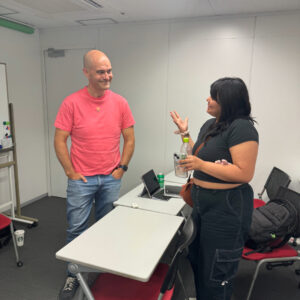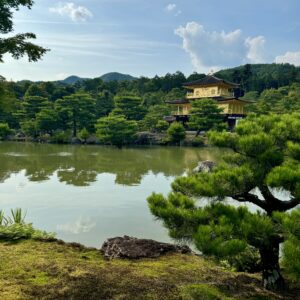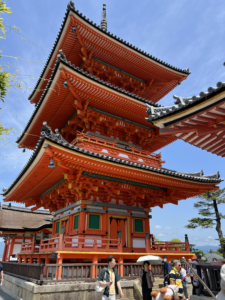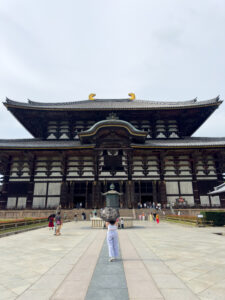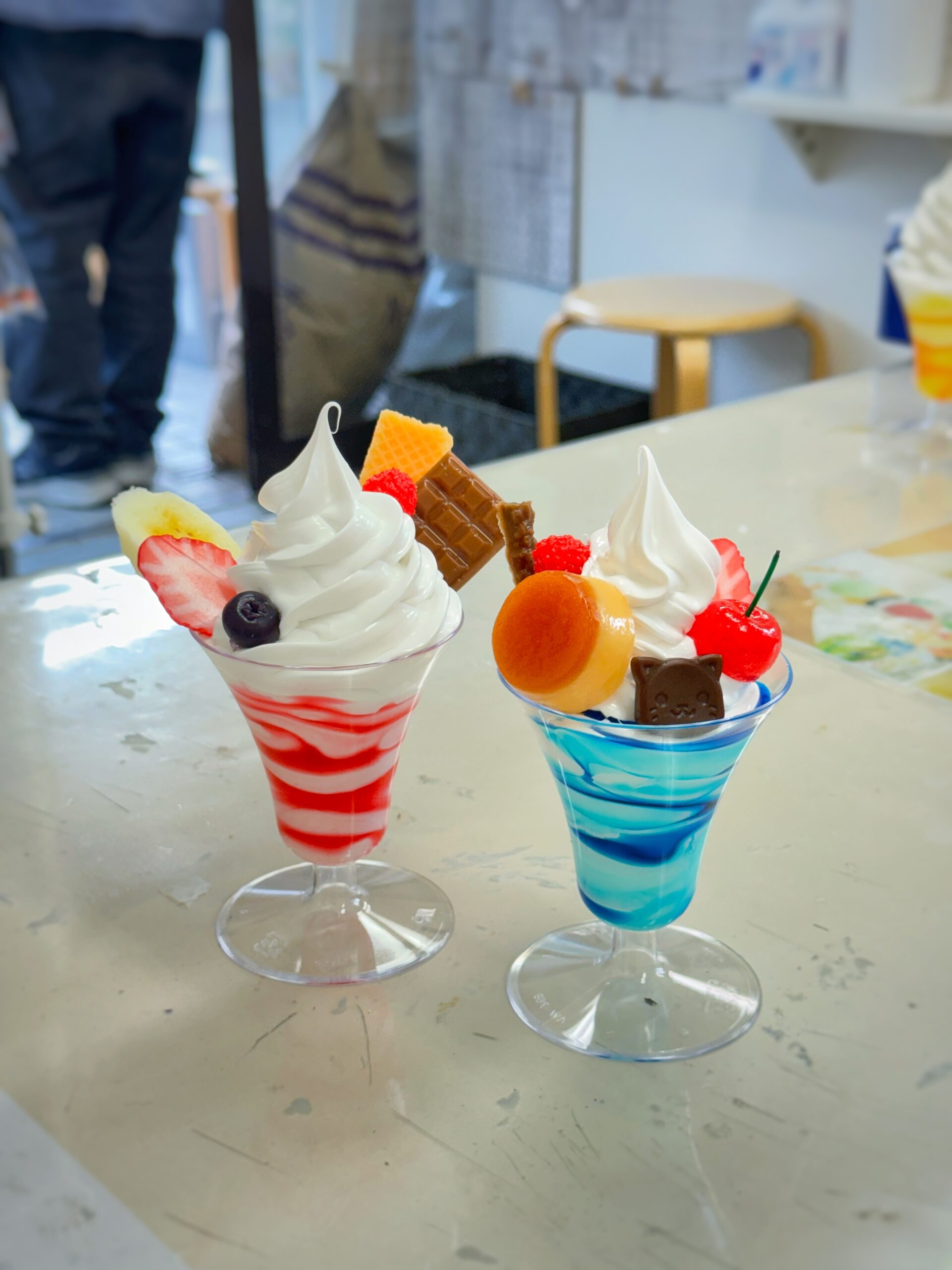
Among the bustling alleys of Tokyo, the untrained eye might overlook the Yamato Sample Factory, nestled in a quiet corner. But for those in the know, this little gem is a gateway to a fascinating world where food isn’t just for eating; it’s a piece of art. As you open the door to the small shop, the smell of paint and vinyl greets you, along with the friendly welcome from the owner-artisans Yuichi and Hiroko, masters of edible illusions.
The legacy
Opened in 1952, the Yamato Sample Factory was inherited from Yuichi’s father, who has preserved the tradition to this day. The practice of shokuhin sampuru (sample food) dates back to the 1920s when restaurants opted to use replica food displays to attract customers by showcasing their dishes in a visually appealing and understandable way without the need for menus.
In its early days, all creations were made from wax, but this caused the samples to melt at high temperatures. Therefore, they switched to using vinyl and resin. This change not only made the creations more durable and resistant but also improved the precision and realism of the replicas, ensuring that each piece is a masterpiece that captures the essence of Japanese gastronomy with greater fidelity.
The process is labor-intensive and requires a meticulous eye for detail. Yuichi and Hiroko begin by studying the real food item, noting every color gradient, texture and minute detail that makes the dish appealing. Using different materials, they sculpt and paint each piece by hand, ensuring the final product is indistinguishable from the real food.
DIY: Japanese replica dishes
In Tokyo, there are many stores where tourists can buy various replica foods, but very few where you can learn to make it alongside artisans. Yamato Sample Factory is a must-visit for food lovers who want to immortalize their favorite dishes. The factory is open every day except Wednesday and Thursday, with the first appointment at 10 a.m. and the last at 4 p.m. You can make reservations in English through the Veltran platform.
Among the food options to create are sushi candles, mini cupcakes, sundaes, ramen, fried rice and pizza. Prices start at about $13, depending on the difficulty. Throughout the process, the artisans guide you to ensure you create a quality piece. Despite the language barrier, Yuichi and Hiroko find ways to communicate with the foreign visitors they receive, providing them with an exhilarating experience.
The creation process depends on the item chosen, but sessions typically last up to an hour. Once the replica food is completed, each item is carefully packaged to ensure it dries completely within 24 hours, allowing you to take home a unique souvenir of this incredible Japanese tradition.
Additionally, the factory features a shop where you can purchase a variety of replica dishes in charming presentations. From sushi magnet sets to sushi earrings, yakitori keychains, and even milkshake pen holders, the options are as unique as they are irresistible.
The Yamato Sample Factory offers more than just a peek into the art of replica food; it provides an immersive experience into a cherished aspect of Japanese culture. Whether you are a culinary enthusiast or a curious traveler, crafting a replica food piece at Yamato Sample Factory is an unforgettable adventure. It’s a testament to the meticulous craftsmanship and cultural heritage that makes Japan’s culinary displays so unique.
So, next time you find yourself wandering through Tokyo’s alleys, don’t miss the chance to step into this small shop and discover the magic of edible illusions firsthand.
